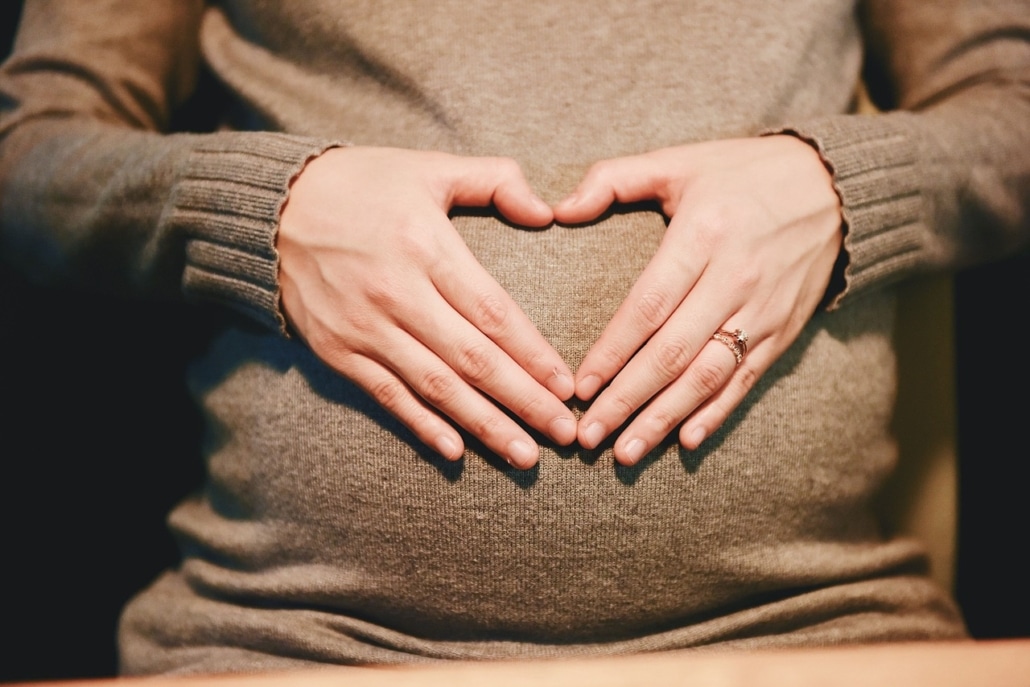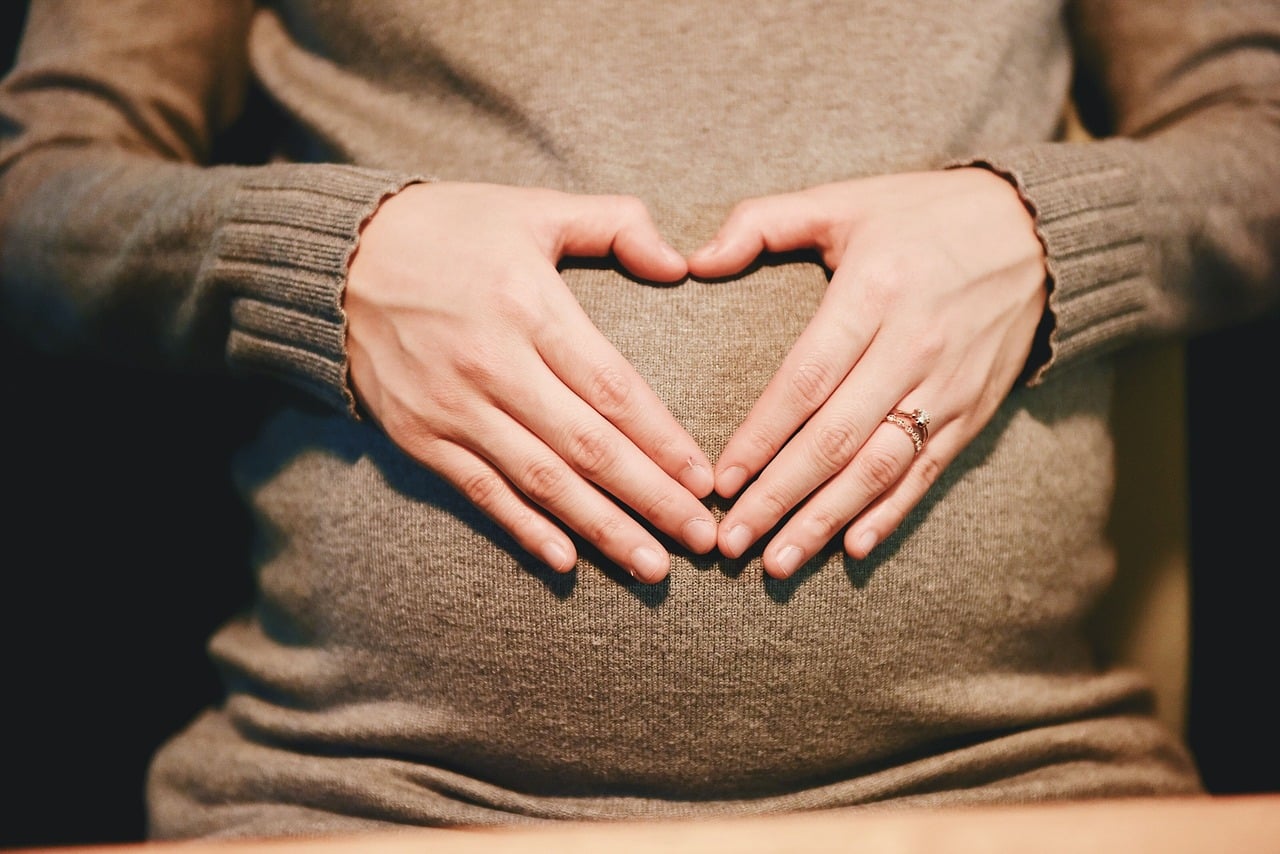Many people know the importance of eating healthy during pregnancy to ensure optimal health for mother and baby. All it takes is a proper balance of whole foods, lean protein, and healthy fats—and avoiding a few items while pregnant. However, mothers also need an additional 300 calories on average during their second and third trimesters to support their child. It is essential for expecting mothers to know the proper nutrition tips to support their pregnancy. Here are several tips for expecting mothers to ensure they—and their baby—enjoy a healthy pregnancy.

Essential nutrients for a healthy pregnancy
Three of the most essential nutrients that expecting mothers need to increase when expecting are calcium, iron, and folic acid. Expecting mothers need about 1000 milligrams of calcium during pregnancy, which can be eaten by incorporating up to four servings of dairy, tofu, white beans, or even cabbage. Folic acid—found in leafy green vegetables, berries, nuts, and supplements—should also be consumed. Experts recommend up to 400 micrograms every day. As for iron, mothers can eat grains that are rich in this nutrient to support their babies.
The importance of a well-balanced diet
Eating a well-balanced diet is critical during pregnancy. Mothers should incorporate various colors on their plates, including vegetables like carrots and spinach or fruits like prunes and bananas. Dairy and protein are also critical during pregnancy. The best forms of protein should be lean protein sources like salmon, trout, chicken, and other items. While sweets and cravings can be tempting, many recommend limiting sweets and fats, as a healthier diet can reduce nausea and constipation.
Make sure you stay hydrated
When pregnant, it is essential to drink enough water to ensure that the baby and mother stay healthy. While many know to avoid all forms of alcohol while pregnant, people should also drink several glasses of water per day. If it is difficult to ensure enough water intake, another way to ensure optimal hydration is by drinking plenty of juice and soup, both of which can provide the additional hydration needed throughout the day.
Foods to avoid during your pregnancy
As mentioned, there are several foods to avoid during pregnancy. Aside from alcohol, doctors also recommend avoiding fatty, fried foods, as well as foods that may cause listeria. These include sushi, undercooked eggs, mayonnaise, cold deli meats, and soft cheeses. Avoiding fish with high mercury content is also essential, as this can hurt the baby. It is also recommended that those who are pregnant remain cautious around caffeine and excess salt in their diet.
Take care of you and your baby during your pregnancy
By following these tips, the mother and baby will enjoy a healthy pregnancy with optimal growth and development. Ensuring a healthy diet is essential for optimal growth and development but can also lessen symptoms. To further support pregnancy, many doctors recommend a prenatal supplement, but it is necessary to talk to your doctor to find out the best supplement for your situation.







